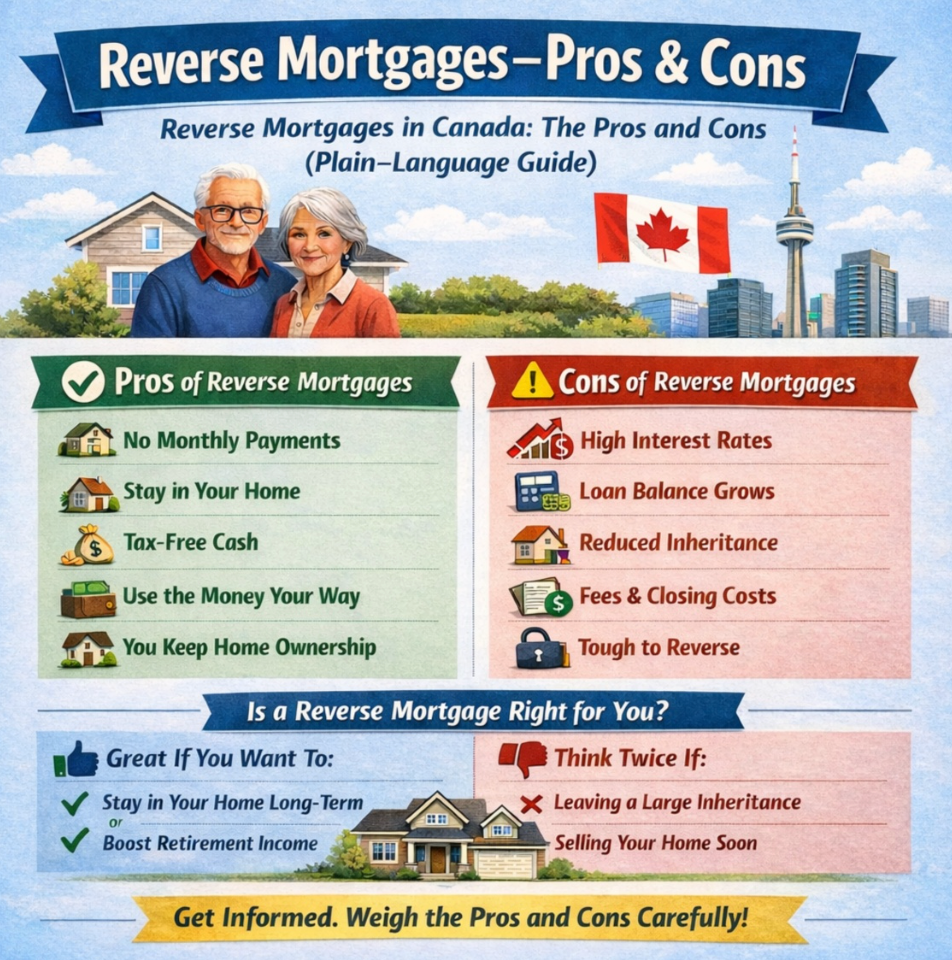Monoline Mortgage Lenders Can Offer Better Options than BIG Banks!

Monoline lenders are an important cog in the mortgage market. Their variety of mortgage products and low pricing, improve consumer choice and have forced the dominant Canadian Banks to be more competitive.
What is a monoline lender? A monoline lender, by definition, is a mortgage lender that focuses only on mortgages and are only accessible through the mortgage broker channel. Some of the larger Monoline lenders are: First National , MCAP , RMG Mortgages , Street Capital , and CMLS.
Advantages of dealing with monoline lenders include:
- Competitive rates: Monolines regular mortgage rates are much lower than major banks posted rates, allowing for brokers to provide competitive rates to their clients
- Lower penalties if you break your mortgage
.
- Mortgage prepayment penalties are where Monolines ’ really crush the big banks. Check out the Globe & Mail article The hidden trap of mortgage penalties at the big banks
- Lenders calculate fixed-rate mortgage penalties as the greater of three months’ interest or Interest Rate Differential (IRD).
- The idea behind the Interest Rate Differential, is to compensate a lender for the interest lost when you pay out a mortgage early. Lenders have different ways of calculating the IRD, but you should expect penalties to be as much as three to four times higher at the banks than Monolines.
- This is an important feature since 6 0% of home owners, break their mortgage before it matures! Check out this GREAT 3-minute video from the Globe & Mail explaining how Banks calculate mortgage penalties for both Variable & Fixed mortgages Drawing Conclusions: How much does it cost to break a mortgage?
- Monoline lenders do not register a Collateral Charge on the property meaning that you can transfer your mortgage at renewal time, to a new lender of your choice.
- Monolines’ focus on mortgages , and won’t try and sell you: a chequing, savings account, RRSPs, credit cards, or any other banking services.
- Monoline lenders don’t have storefronts, so they save costs (lower rates).
- Monolines’ follow ALL the same rules as Canadian banks and are just as secure
, so you are protected.
- In fact, almost all monoline lenders are backed by the big banks.
- Monoline lenders offer more flexibility and will often provide mortgages when the big banks won’t. If you’re self-employed, a property investor or you want to buy through a company.
For arguments sake, let’s say that your mortgage was held with one of these monoline lenders, and worst case scenarios takes place and this lender goes out of business. Now you have no one to repay your mortgage money too… Drats!
Remember… they don’t have a dime of YOUR money; you have THEIRS.

Of course, this scenario would never actually take place, since another bank/lender would certainly come in and purchase all of their mortgages. You would simply receive a letter saying that your payments are now being directed to another Lender, but your mortgage contract remains the same because, well after all, it is a contract and a binding agreement! … In essence, nothing would change!
Overall, Monoline Lenders offer better options than the big banks . Simply look at the posted rates for fixed term mortgages and the favourable penalty calculations. To find out whether a monoline is right for your mortgage, you’ll need to use a mortgage broker to access their services (and you can bet your bank won’t tell you about Monolines).
If you have any further questions about Monolines, mortgages or buying a home, please give me a call, I’m happy to have a chat.
Kelly Hudson
Mortgage Expert
Mobile: 604-312-5009
Kelly@KellyHudsonMortgages.com
www.KellyHudsonMortgages.com






